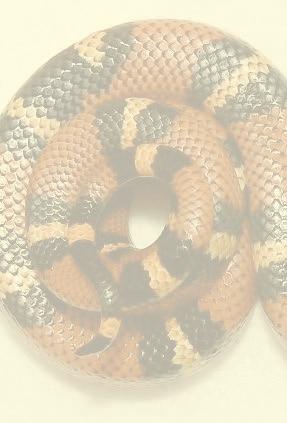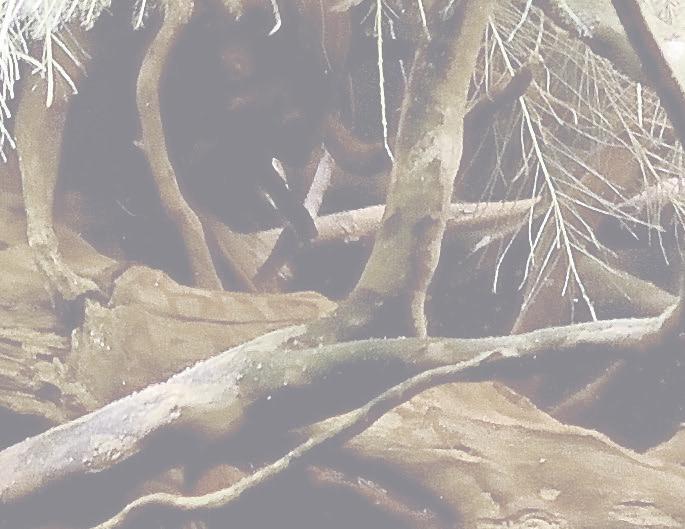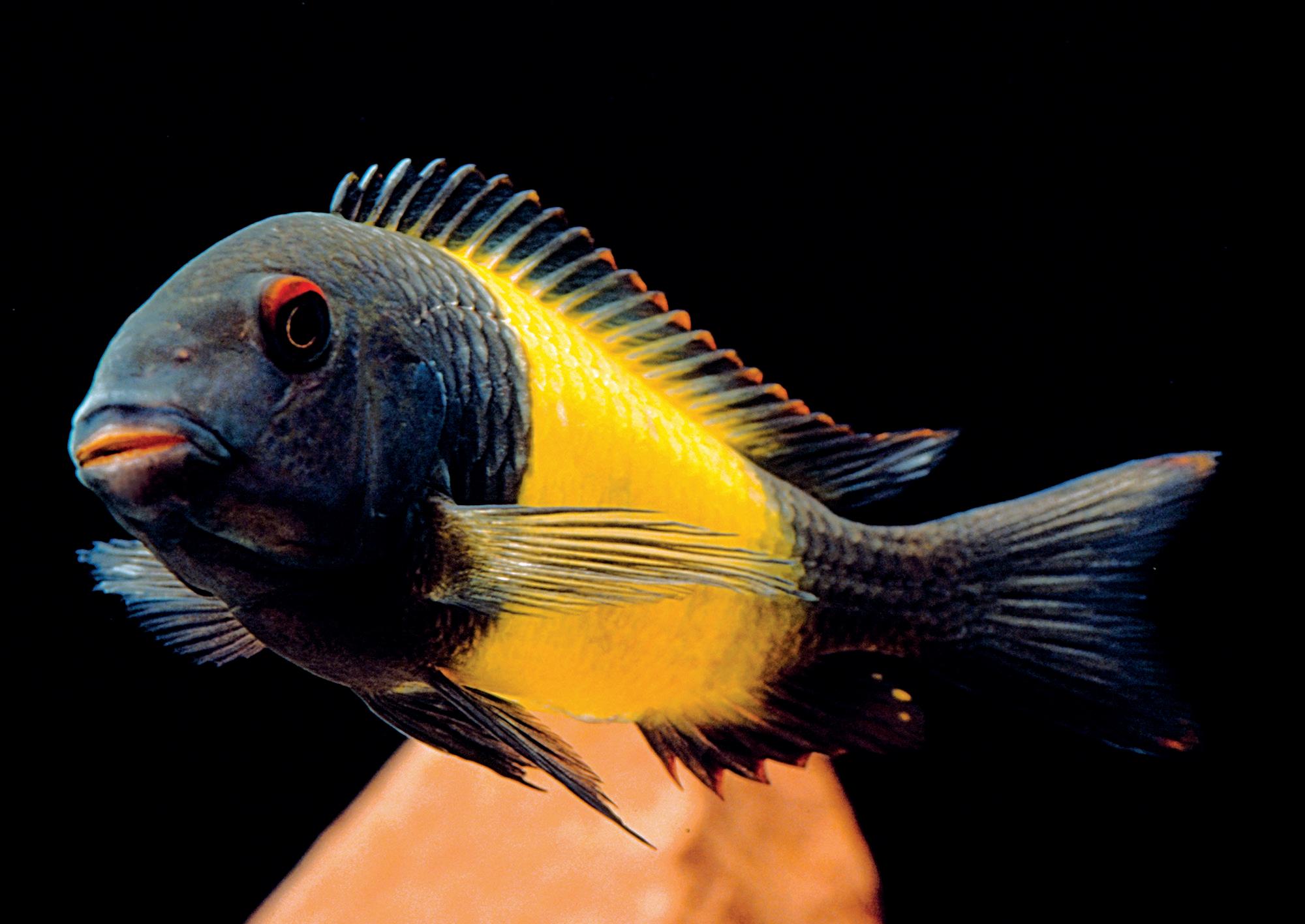Algae in ornamental fish feeding
Aleksandra Kwaśniak-Płacheta, PhD Hydrobiologist, expert on feeding and breeding of ornamental fish, aquarium enthusiast. A highly recognized speaker of many aquarium training courses and symposiums. Author of articles published in domestic and foreign magazines including ”Nasze Akwarium”, ”Magazyn Akwarium”, ”Planeta Zwierząt”, ”Tanganika”, ”Fauna & Flora”, ”Pet Market”, ”Aquafeed Magazine”, ”Pet Worldwide” and various publications of Wrocław Aquarium Association.
Prof. Leszek Mościcki, PhD The development of aquafeed produc-
from the wild on an industrial scale. The
tion is followed by the growing inter-
most popular microalga used for aqua-
est in raw materials which are to be
feed production is spirulina (Arthrospira
interesting, attractive and valuable,
platensis). Its content in aquafeed usu-
not only in terms of their properties.
ally ranges from several to even tens of
There’s no doubt that algae are one
percent. Its properties are well known
of them. Feeds with the addition of
among aquarium fish keepers when
algae are perceived as premium prod-
compared with other species such as
ucts. This can result from the fact that
Chlorella,
algae evoke certain associations with
Ascophyllum, Undaria, Ulva etc. Super
healthy food for humans. Animal food
Spirulina Forte, Tropical’s food with 36%
with algae must then trigger the same
share of Arthrospira platensis, has been
positive associations. Moreover, spe-
one of the best-selling fish food on the
cially processed algae or feeds with
market for many years. The changing or-
the addition of algae offered by the
namental fish market and new emerg-
producers allowed for keeping popular
ing species of fish and invertebrates
algae-eating freshwater and marine
made it necessary for us to develop and
fish.
introduce new foods. Thus the offer of
Scenedesmus,
Laminaria,
products for herbivorous and algae-eat-
18
ALGAE USED IN THE PRODUCTION OF
ing fish has been enriched with a new
AQUAFEED FOR ORNAMENTAL FISH
food 3-Algae based on three species of
It is virtually impossible to provide orna-
algae: Chlorella vulgaris, Ascophyllum
mental fish with algae from their natural
nodosum and Laminaria digitata, the
environment so aquafeed manufactur-
last two referred to as kelp algae. It is
ers use cultivated algae or algae taken
available as flakes, granules, adhesive
Tropical EDU Magazine




